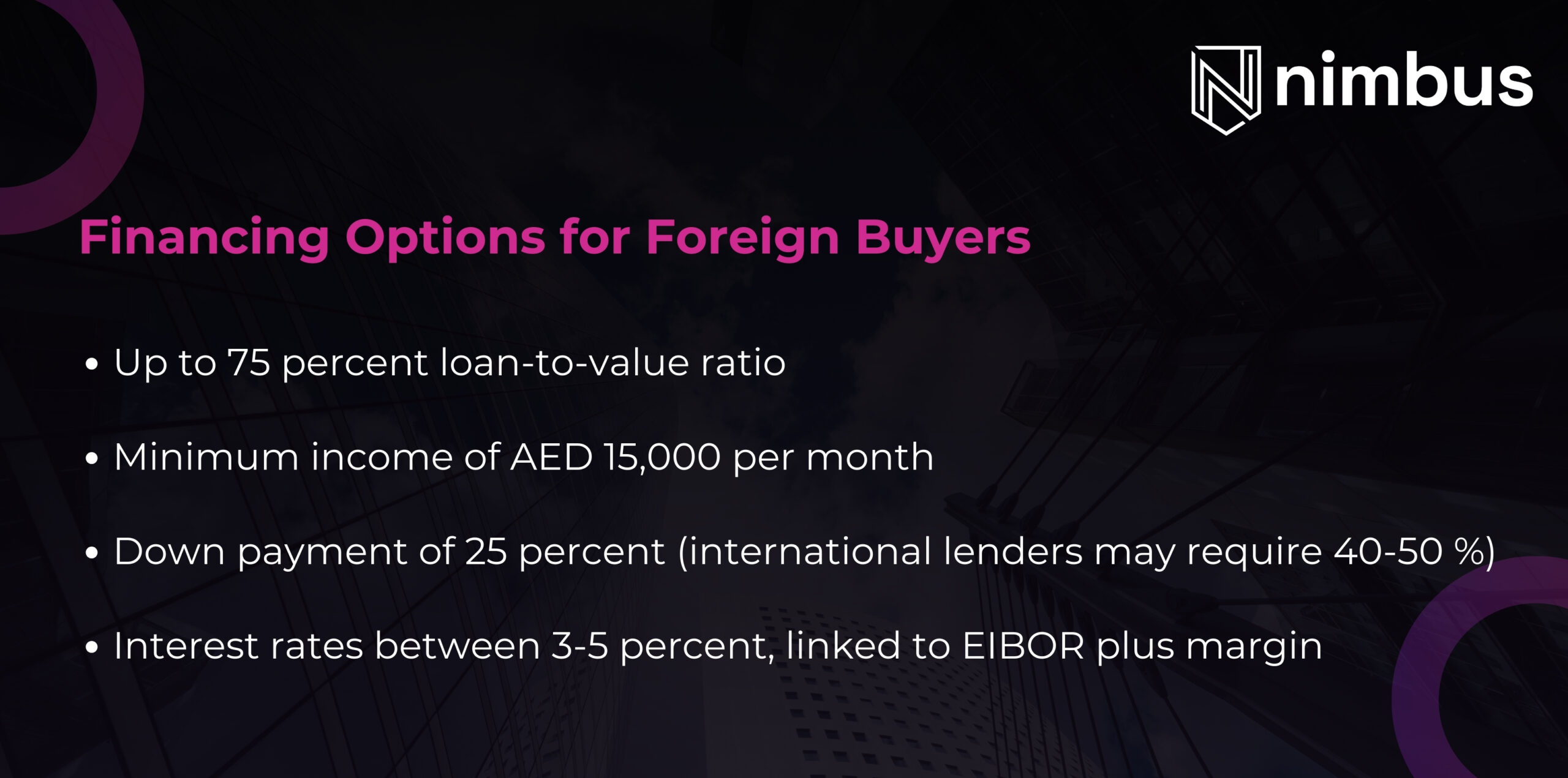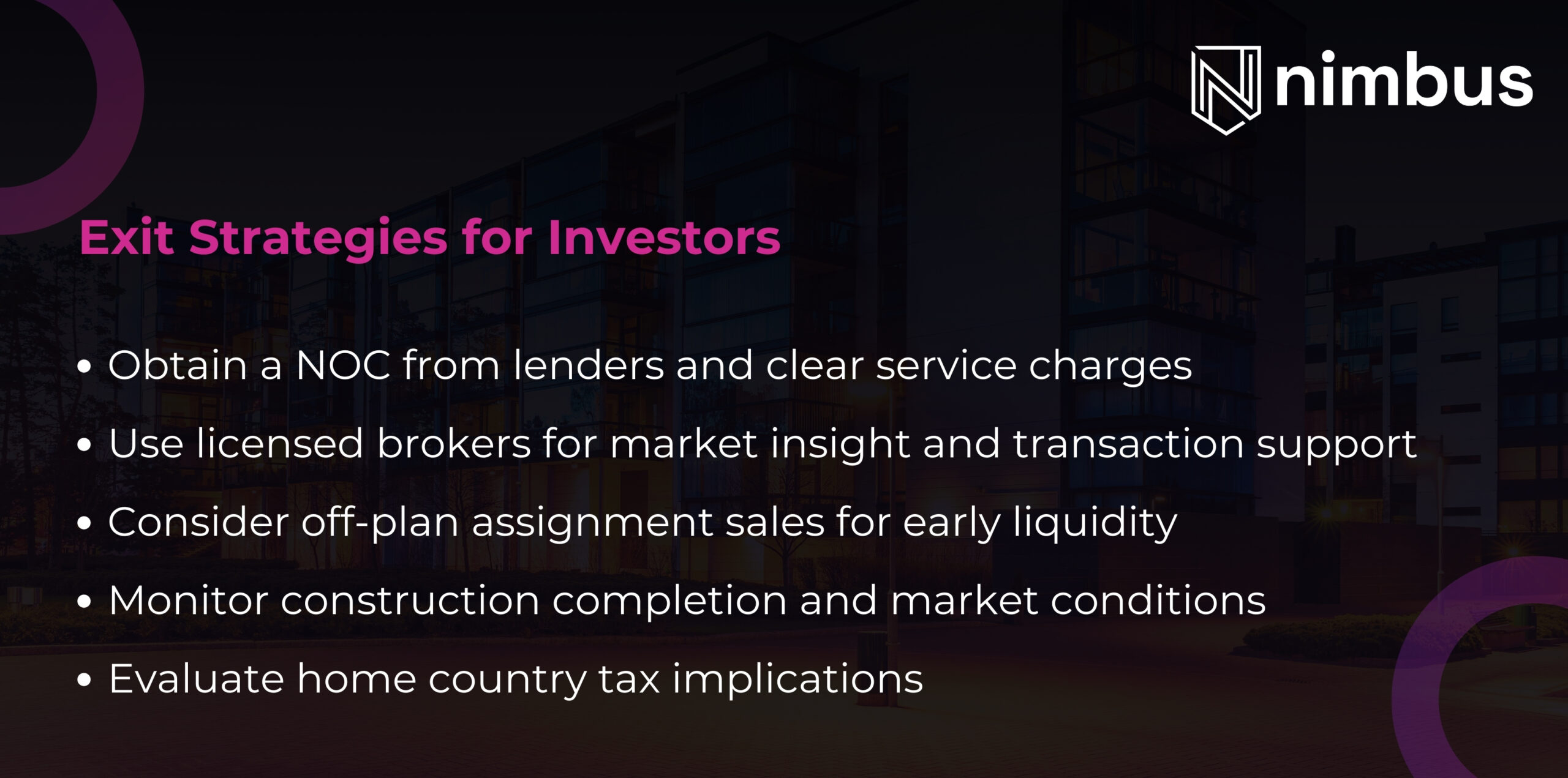Dubai continues to be one of the world’s most attractive property markets for foreign investors. With no property tax, no capital gains tax, and no income tax on rental income, the emirate offers an appealing financial landscape.
Rental yields range between 4.87 percent and over 10 percent, placing Dubai among the highest-yielding real estate markets globally. In 2024, the Dubai Land Department recorded 180,987 property transactions valued at AED 522.5 billion, with foreign nationals accounting for about 60 percent of investment activity.
Freehold ownership in approved areas, combined with the UAE Golden Visa, makes Dubai an ideal location for business setup in Dubai and long-term wealth preservation through property investments.
This post explains how foreign investors can purchase, manage, and maximize returns on Dubai properties while integrating these strategies with company formation in Dubai.
1. Understanding Property Ownership Structures
Foreign investors in Dubai can choose between two main ownership types.
- Freehold Ownership: Grants full rights over the property and the land. Owners can sell, lease, or transfer properties freely. Freehold properties are available only in designated areas such as Downtown Dubai, Dubai Marina, Palm Jumeirah, Business Bay, and Dubai Investment Park.
- Leasehold Ownership: Provides rights to use a property for 30 to 99 years, after which ownership reverts to the freeholder unless renewed. Leasehold properties generally offer lower purchase prices but limited control and resale potential.
Freehold ownership is particularly attractive for those combining business setup in the UAE with property investments, as it allows investors to leverage real estate for residency under the Golden Visa program.
2. Who Can Buy Property in Dubai?
Dubai allows property purchases for the following:
- Individuals: Most foreign nationals can buy in freehold areas without a residency visa, provided they have a valid passport and proof of funds.
- Companies: UAE-registered subsidiaries or offshore structures can acquire properties, with trade license registration and beneficial ownership disclosure required.
- Trusts and Family Offices: Islamic-compliant trusts and family offices can hold properties for estate planning or Sharia-compliant investment purposes.
3. Residency Options Linked to Property Investment
Foreign investors can gain residency through property ownership. Here are the programs to consider.
- Golden Visa: 10-year residency for investments above AED 2 million. Allows family sponsorship with minimal physical presence requirements.
- Two-Year Investor Visa: For investments between AED 750,000 and AED 2 million, with at least 50 percent down payment. Mortgage-backed properties require a NOC from the lender.
These residency schemes integrate real estate investment with long-term living and business planning, supporting both business setup in Dubai and broader UAE company formation initiatives.
4. Navigating the Property Acquisition Process
- Off-plan: Typically, 10-30 percent below market price, flexible payment options, but higher risk from delays or developer issues.
- Ready Properties: Higher purchase price but immediate rental income and lower delivery risk.
Purchases can be made directly from developers or via licensed brokers, who typically charge a 2 percent commission. Property transactions must be registered with the Dubai Land Department.
5. Financing Options for Foreign Buyers
Non-resident buyers can access mortgages with:

- Up to 75 percent loan-to-value ratio
- Minimum income of AED 15,000 per month
- Down payment of 25 percent (international lenders may require 40-50 percent)
- Interest rates between 3-5 percent, linked to EIBOR plus margin
Participating banks include HSBC, Emirates NBD, First Abu Dhabi Bank, and Mashreq Bank.
6. Maximizing Rental Yields
Rental income varies by location and property type.
- High-yield (8%+): Dubai Silicon Oasis, Jumeirah Village Circle, Dubai Production City, Al Furjan
- Mid-tier (5-7%): Dubai Marina, Downtown Dubai, Business Bay, Dubai Hills Estate
- Luxury (3-5%): Palm Jumeirah, Emirates Hills, Burj Khalifa residences
Smart location choices, coupled with infrastructure developments like Dubai Creek Harbour, Dubai South, and Expo City, can enhance long-term capital appreciation.
7. Compliance and Legal Considerations
Investors must:
- Verify title deeds and freehold status via DLD
- Ensure developers are RERA-approved and comply with escrow regulations
- Secure an Oqood certificate for off-plan properties
- Meet anti-money laundering and beneficial ownership requirements
Short-term rentals require a Holiday Homes Permit from DTCM and compliance with safety, utility, and police approvals.
8. Effective Property Management
Professional management firms registered with RERA and DLD handle:
- Marketing and tenant placement
- Rent collection and maintenance
- Ejari registration to formalize contracts and protect landlord and tenant rights
Short-term rentals require compliance with hotel-level standards, inspections, and insurance coverage for liability and property damage.
9. Exit Strategies for Investors
When selling a property:

- Obtain a NOC from lenders and clear service charges
- Use licensed brokers for market insight and transaction support
- Consider off-plan assignment sales for early liquidity
- Monitor construction completion and market conditions
- Evaluate home country tax implications
Risk management strategies include tenant screening, insurance, and portfolio diversification.
Summing It Up
Dubai offers foreign investors high-yield, tax-efficient real estate opportunities. Long-term success depends on selecting the right property type, location, and management strategy while complying with local regulations.
Integrating property ownership with company formation in Dubai can provide residency benefits and align investment with broader UAE business objectives.
With careful planning, foreign investors can maximize returns, protect assets, and leverage Dubai’s property market as a cornerstone for long-term financial growth.



